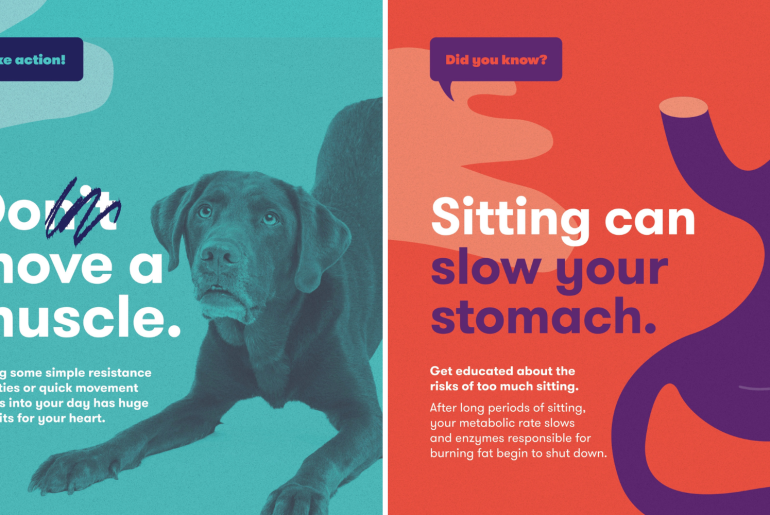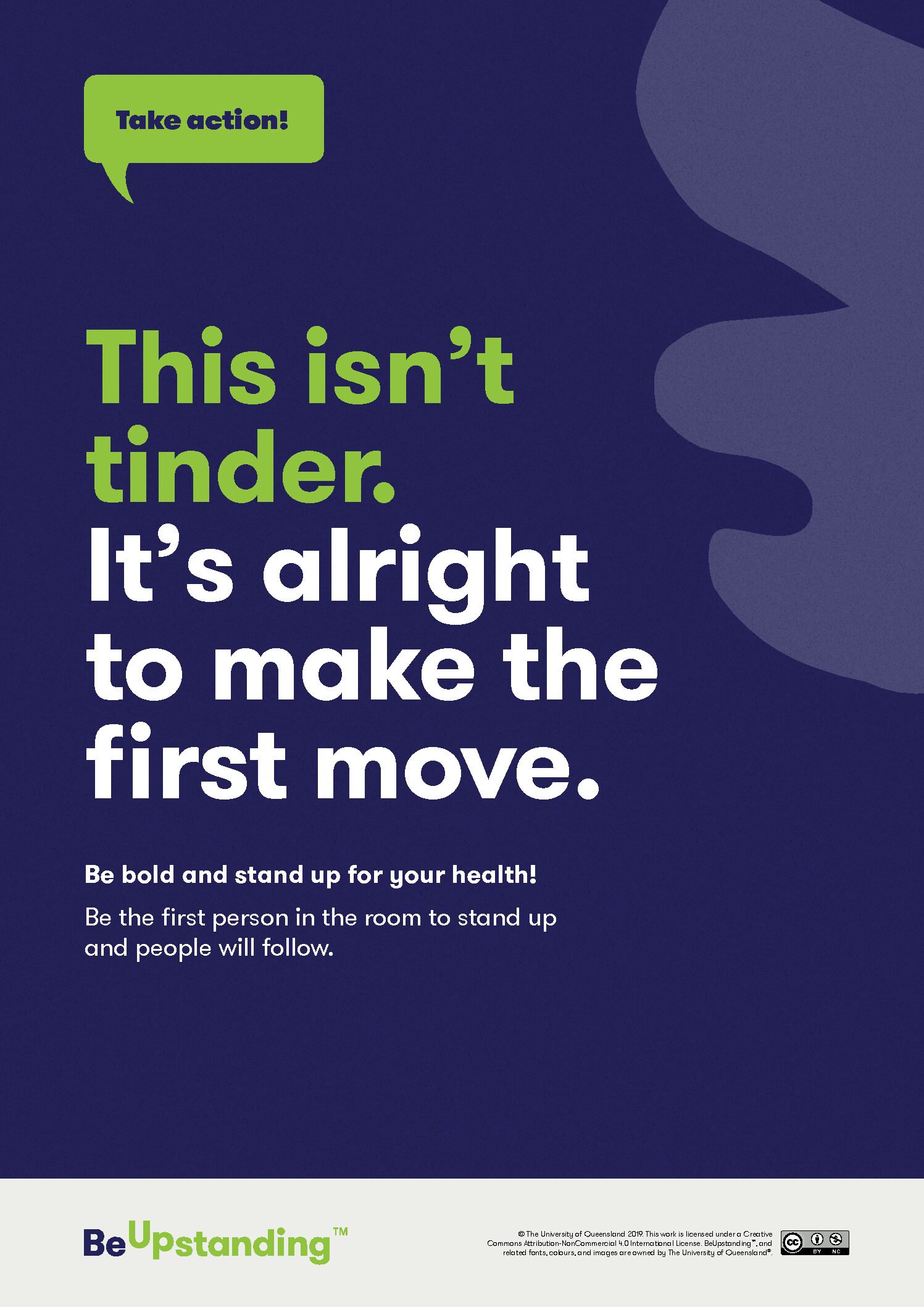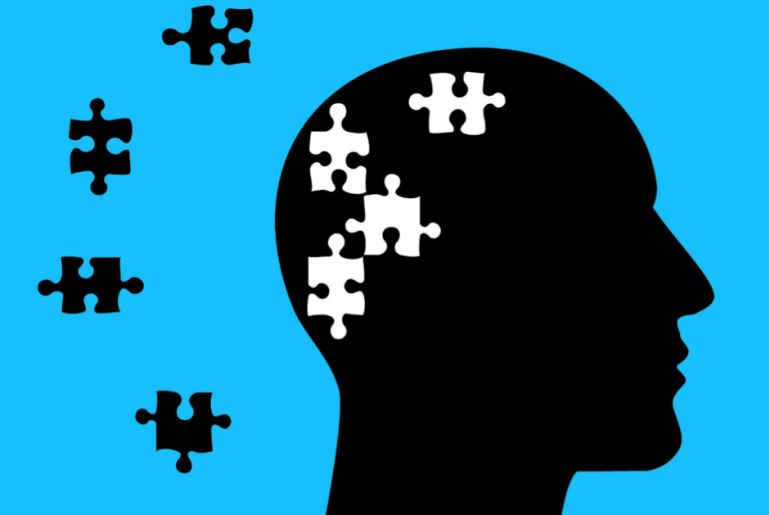Imagine your workplace as a bustling city, with each employee navigating their daily routines like vehicles on a highway. Some travel smoothly while others hit roadblocks disguised as fatigue, stress, or lack of motivation. Traditional workplace wellness is like traffic signs that provide general guidance that may not be suitable for all. Thus, the integration of AI is like a smart GPS that assesses the individual needs of the user and offers personal routes to better health. Behavioural science and AI AI can impact the operational function of workplace wellness programs by introducing interventions that are individually tailored, more engaging, and effective. A useful way to put this into context is through the Theory of Planned Behaviour (TPB). It is a psychological model explaining how beliefs shape actions. TPB suggests that our behaviour is influenced by three main factors: Attitude Toward the Behaviour: Do I believe this health change is beneficial? Subjective Norms: Are others around me doing it too? Perceived Behavioural Control: Do I feel capable of making this change? By integrating AI into wellness programs, we can influence these factors, making it easier for adoption by employees and ensuring sustainable healthy behaviours. Personalising Wellness Programs One of AI’s…
![]()







